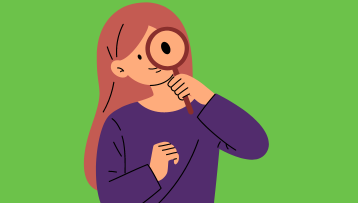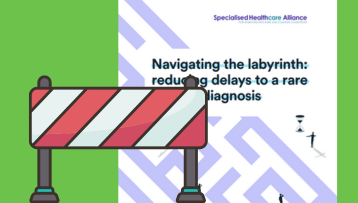The TSA is proud of our position as a leader in global TSC research. However, research can only happen thanks to amazing people in the TSC community taking part
There are currently lots of new opportunities to get involved in TSC research. To make it easier to understand them all, we’ve listed them all here. The TSA is directly involved or funding many of these listed projects, plus even more beyond this!
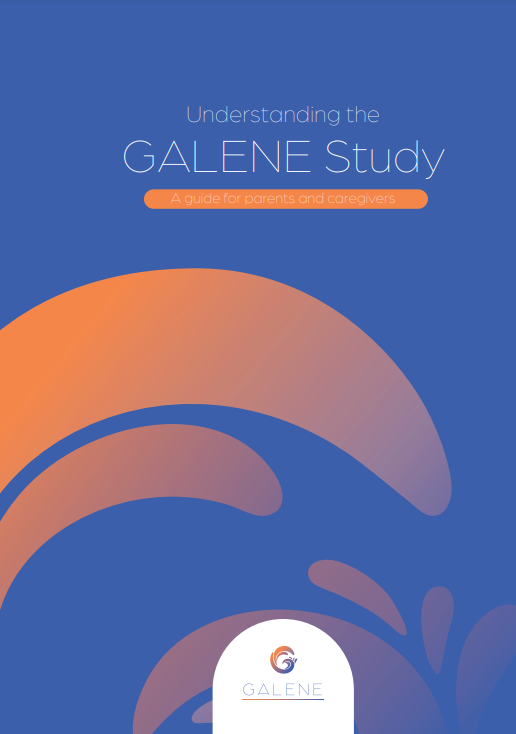 Galene
Galene
What is it?
The Galene study is a clinical trial testing the effectiveness of basimglurant at managing TSC-related seizures. It has shown a lot of promise in the laboratory and has already been tested with almost 400 people in other conditions, including Fragile X Syndrome. These tests showed that the potential medicine is safe.
The study has been very carefully designed to get the most useful results possible, following very strict guidelines and best practice for clinical trials. Galene participants will take basimglurant in addition to their existing treatments – it won’t replace your epilepsy medicines at any point in the study.
Who can take part?
People aged 5 – 30 years who have TSC-related seizures that aren’t adequately managed by current treatments.
What will I need to do?
Participants will be asked to:
- Take basimglurant daily (it’s easy to swallow and can even be sprinkled on things like yoghurt)
- Attend seven clinic visits (there are clinics taking part throughout the UK) and provide check-in calls
- Maintain a daily electronic seizure diary
At the end of the study, anyone who has had positive results will be given the option to continue taking basimglurant.
If you’d like to take part in Galene, please contact Noema Pharma – the company running the trial: (clinicaltrials@noemapharma.com)
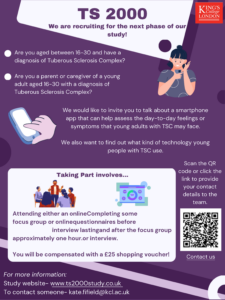 Tuberous Sclerosis 2000 (TS2000)
Tuberous Sclerosis 2000 (TS2000)
What is it?
The first formal research to track how TSC affects people throughout their lives. At the start of the study, children aged 0–16 years were invited to take part and since then lots of information on their TSC has been tracked. This includes things like their TSC-related epilepsy and mental health.
TS2000 Phase 4 aims to understand how a new app might help monitor mental health and behaviour symptoms in young adults with TSC.
Who can take part?
Young adults with TSC aged 16-30, and their parents/caregivers.
What will I need to do?
Share views on what the app should do and how it can be most useful. This will happen online, through things like group discussions or surveys.
Click here to find out more and to register.
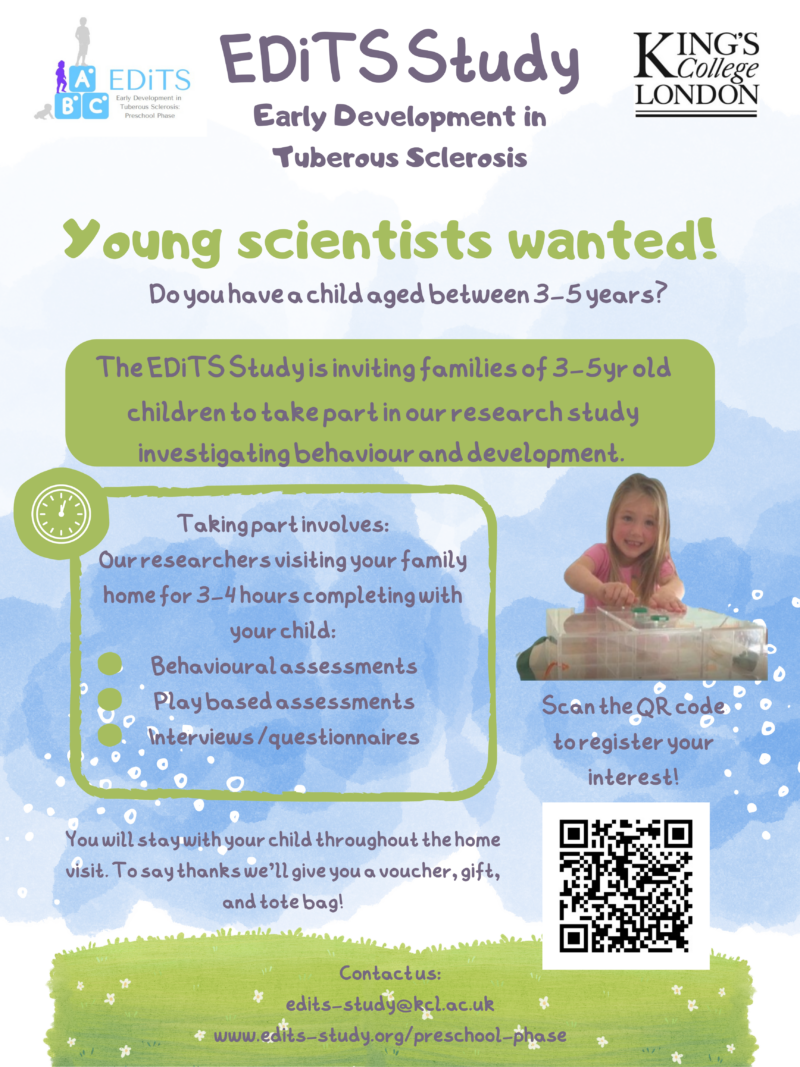 Early Development in Tuberous Sclerosis (EDiTS)
Early Development in Tuberous Sclerosis (EDiTS)
What is it?
EDiTS study is aiming to better understand how the development of children with TSC differs to typically developing children, and how sudden changes in seizure severity and treatment affect development.
The findings from this study will improve understanding of the association between TSC and different behavioural outcomes, such as autism and ADHD. In addition, the findings could inform the development of early interventions to improve behavioural outcomes and quality of life.
Who can take part?
Children aged 3 – 5 years 11 months, with or without a TSC diagnosis.
What will I need to do?
Your child will participate in fun tablet-based games. Caregivers will be asked to fill out questionnaires. Everything will take place at home, with no need to travel.
Click here to find out more and to register.
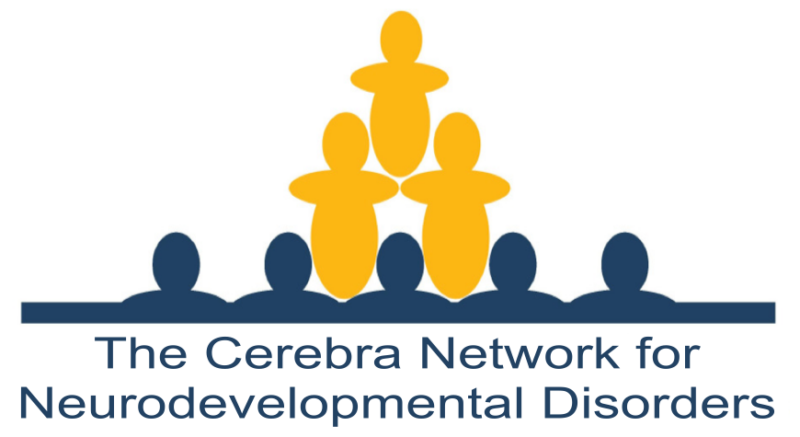 Behavioural and Emotional Outcomes in Neurodevelopmental Disorders (BEOND)
Behavioural and Emotional Outcomes in Neurodevelopmental Disorders (BEOND)
What is it?
Researchers from the Cerebra Network are inviting caregivers to participate in a survey exploring behaviour, health, access to support and family wellbeing.
It’s hoped the study will aid in identifying the difficulties and challenges faced in living with TSC, in order to better support families.
Who can take part?
Caregivers of children aged 1-16 years, as well as caregivers of adults who have a diagnosis of a neurogenetic syndrome, including TSC.
What will I need to do?
Fill our a short survey about daily challenges encountered for your family.
Click here to find out more and to register.
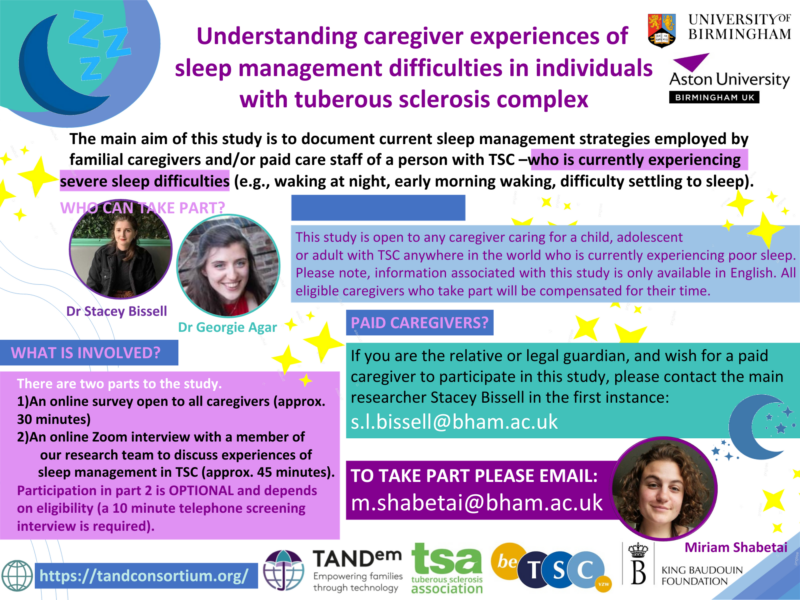 Understanding caregiver experiences of sleep management difficulties with TSC
Understanding caregiver experiences of sleep management difficulties with TSC
What is it?
The main aim of this study is to document current sleep management strategies employed by families and or paid care staff caring for children or adults with TSC with severe sleep difficulties.
The researchers are aiming to show the caregiver experiences of poor sleep in TSC, compared to the use of sleep management strategies, access to services, and priorities for further action and support.
Who can take part?
Primary adult caregivers (paid or unpaid) for a child or adult with TSC who is currently experiencing severe sleep difficulties. Caregivers must provide overnight care for the person they care for more than 50% of the time within the primary home setting.
What will I need to do?
Complete online questionnaires, have a pre-interview screening telephone call (to determine eligibility), and then participate in an online chat through Zoom.
To participate, please email Miriam Shabetai (m.shabetai@bham.ac.uk).





